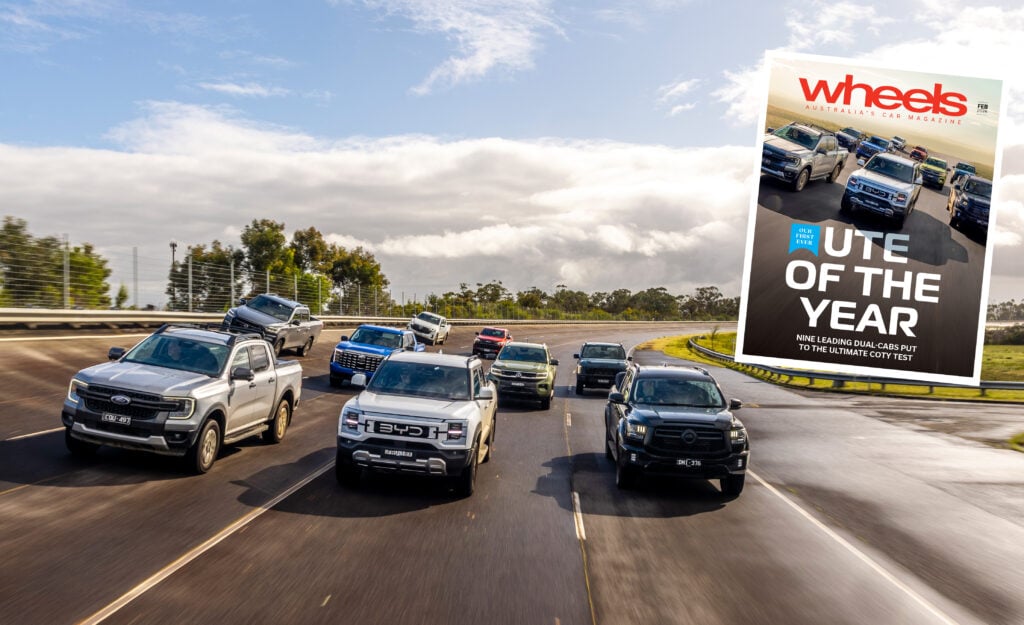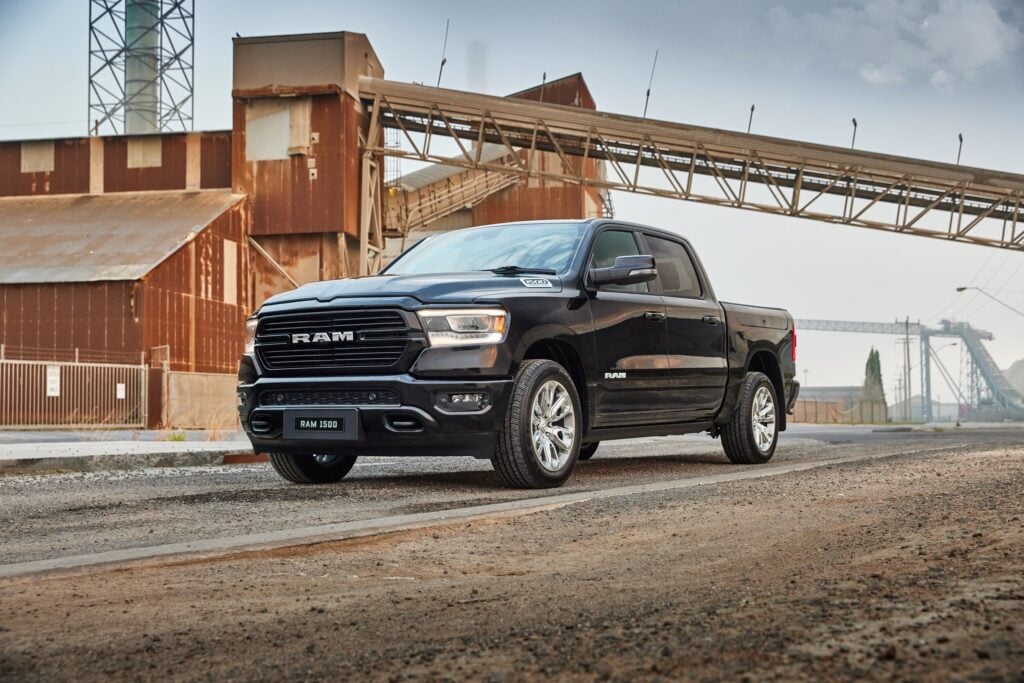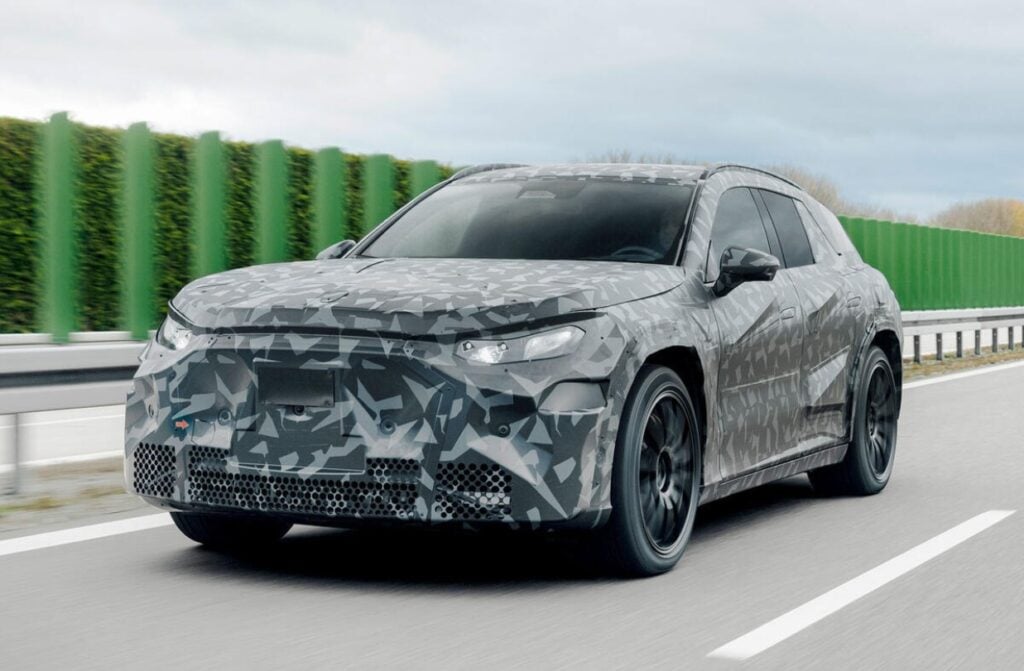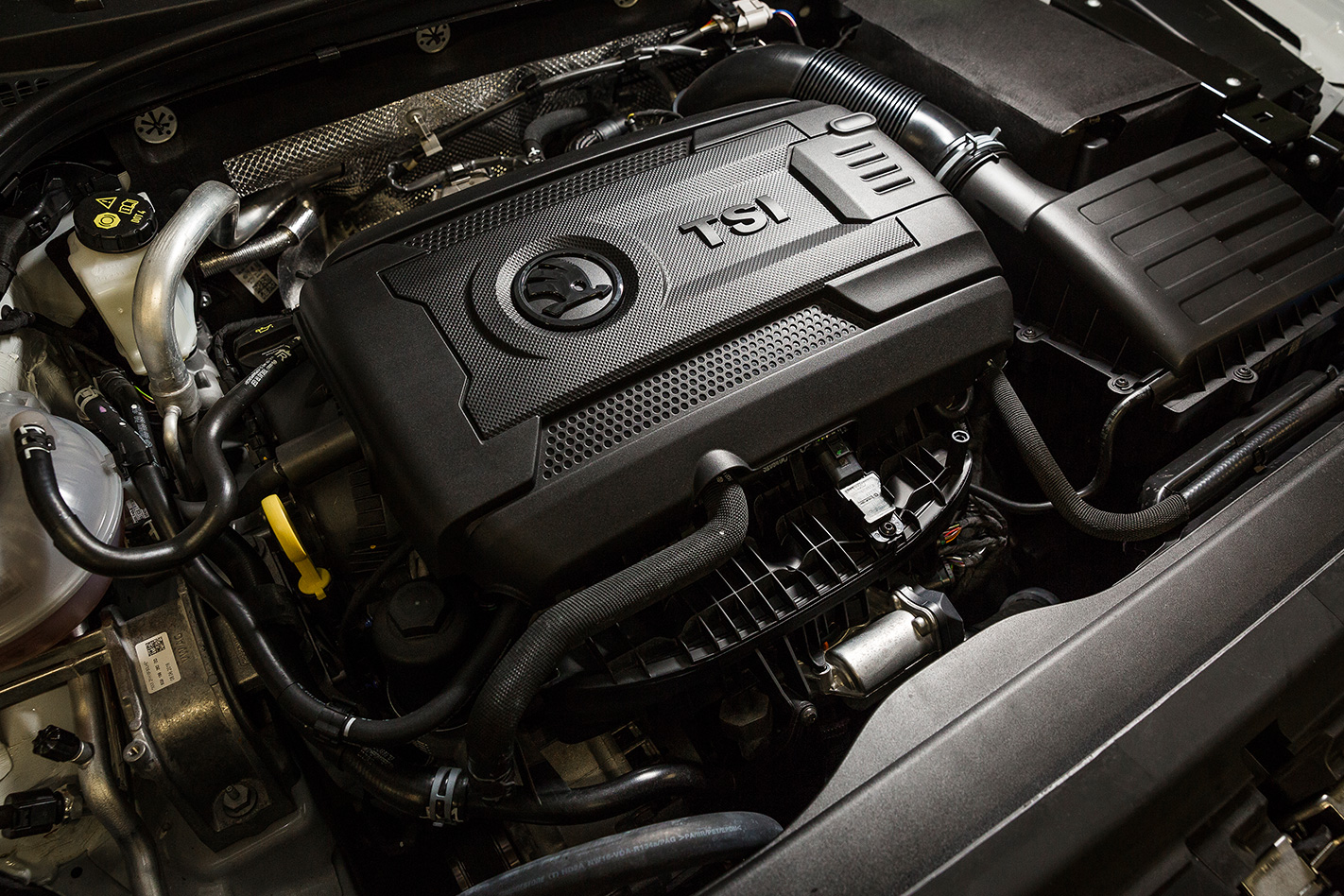
UPDATE, March 24: A Volkswagen Group partner located in western Ukraine will restart production to help ease supply-chain disruptions.
Despite intensifying conflict across the region, the Ukraine company responsible for creating wiring harnesses for Skoda and other brands will resume work this week, according to Reuters.
“Our partner…in Ukraine decided to restart production of wire harnesses this week, with full service and full security for workers there,” a spokesperson for Skoda said during the company’s 2021 annual conference.
Volkswagen has also announced its electric vehicle factories in Germany will restart production from next week, according to Automotive News Europe.
Last week BMW said its German and UK sites would also return to full production, but warned disruptions would continue due to the situation in Ukraine.
“We are still in intensive discussions with our suppliers,” a spokesperson for BMW told Auto News Europe.
“Together with them, we are continuously assessing the situation and defining measures to secure production in the best possible way in order to be able to meet the continued high customer demand.”
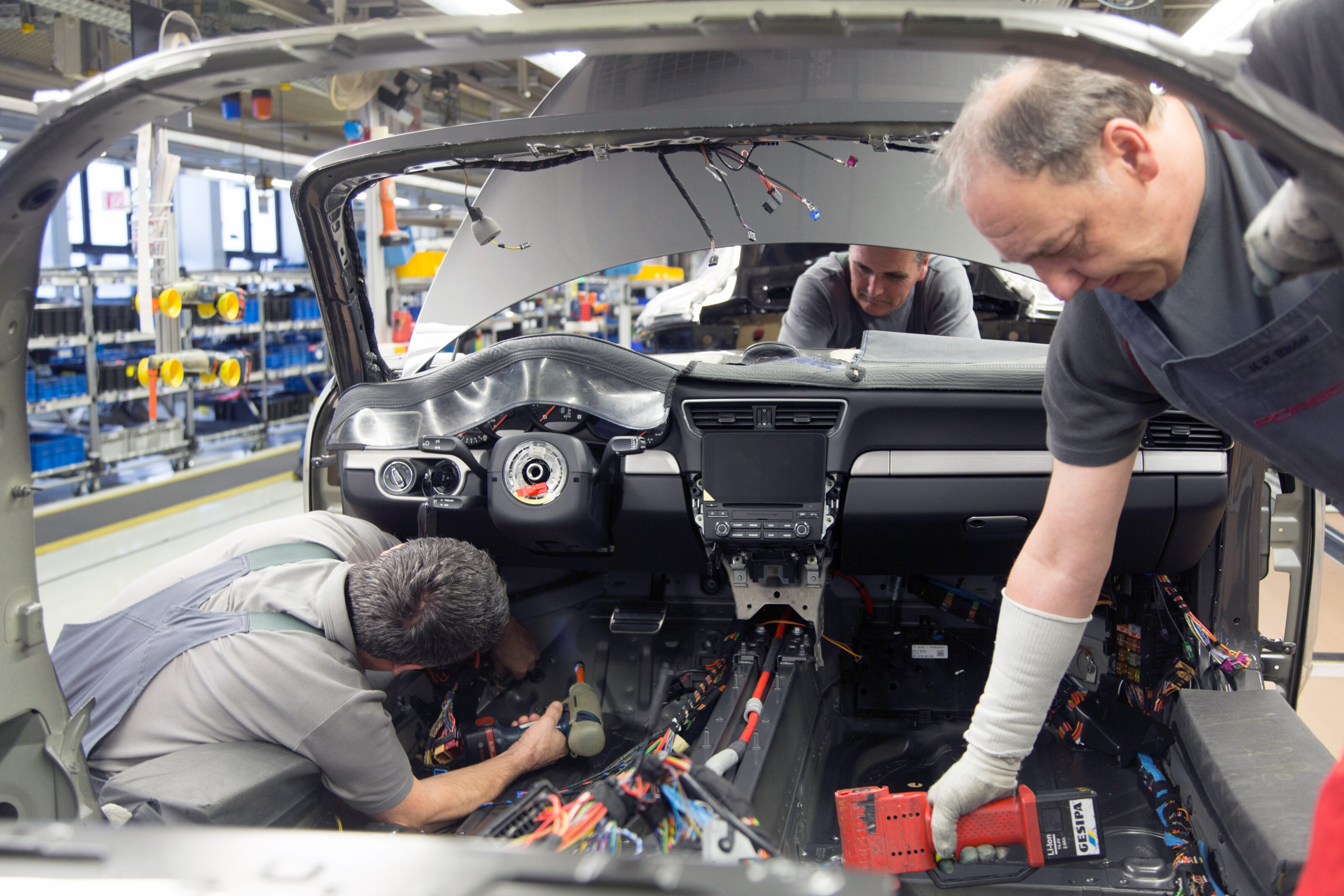
The story to here
March 3: More German car manufacturers are being forced to suspend production, due to supply-chain issues born from the Ukraine conflict.
BMW and Porsche have halted manufacturing at some of their European factories as the supply of critical parts dries up, Automotive News Europe reports, with the German carmakers joining Volkswagen in the stoppage.
It’s understood third-party companies located in western Ukraine manufacture wiring harnesses for the brands, organising approximately five kilometres of cables into a bundle ready to be fitted and plugged into the car on the production line.
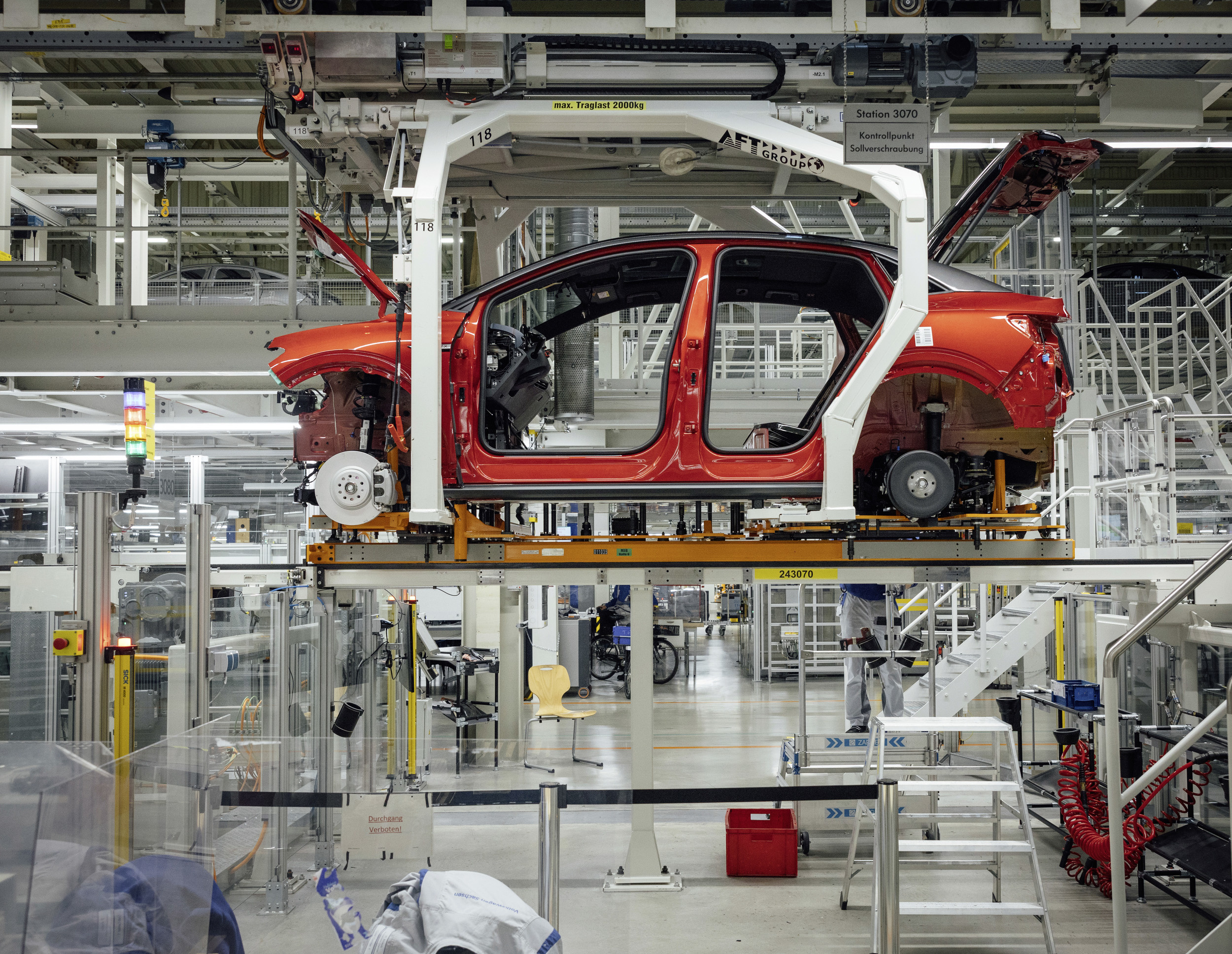
February 28: After two years of supply-chain woes caused by the COVID-19 pandemic and a lack of semiconductor computer chips, some car manufacturers are warning the current Russia-Ukraine conflict is causing further disruptions.
International sanctions placed against Russia could have consequences for catalytic converters, as the exhaust emissions-reducing devices use precious metals including palladium, rhodium, and platinum – with 38 per cent of the world’s palladium coming from Russia.
“It’s hard to think of a global auto business that doesn’t have palladium coming from Russia,” analyst Mark Wakefield from industry consulting firm AlixPartners told Reuters.
However, Wakefield said any problems relating to the metal are at least six months away, thanks to a stockpile of it in London.
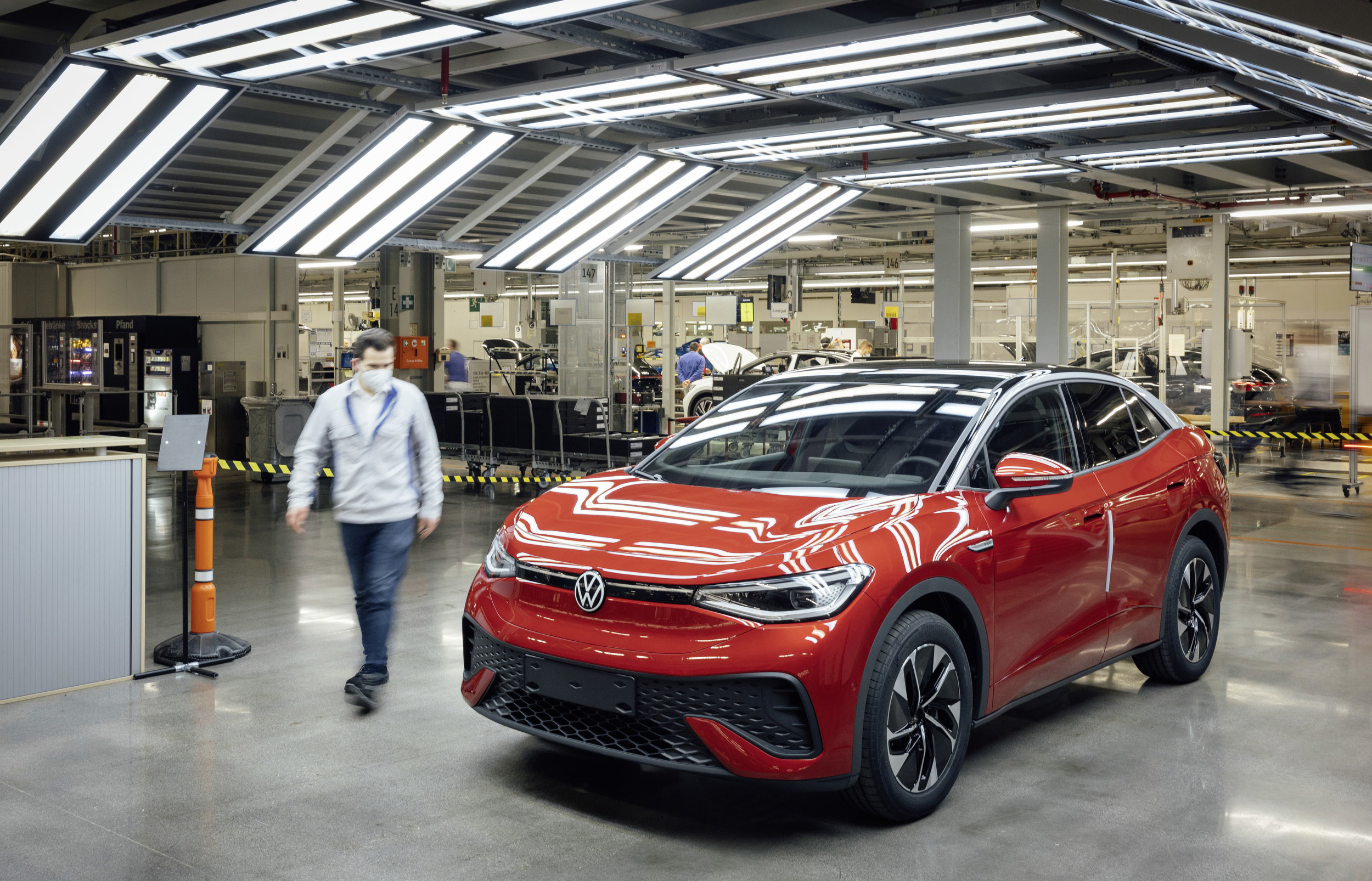
Renault Group is expected to be negatively affected by the sanctions, with Russia being the carmaker’s second-largest market after France, and accounting for eight per cent of its earnings, according to Citibank (via Automotive News Europe).
The headaches are not confined to Russia, with two Volkswagen factories in Germany halting production this week following supply issues from vehicle parts being manufactured in Ukraine.
While the exact car models affected have not been disclosed, the announcement is unlikely to impact Australian-delivered cars in any significant way, as the majority of vehicles produced at the Zwickau and Dresden plants are from Volkswagen’s all-electric ID range which are not not offered here.
Australian drivers will still have to deal with ever-increasing fuel prices at the pump, thanks to Brent Crude oil trading above US$100/barrel over the past week, with expectations petrol and diesel will continue to increase in price over the coming days and weeks.
We recommend
-
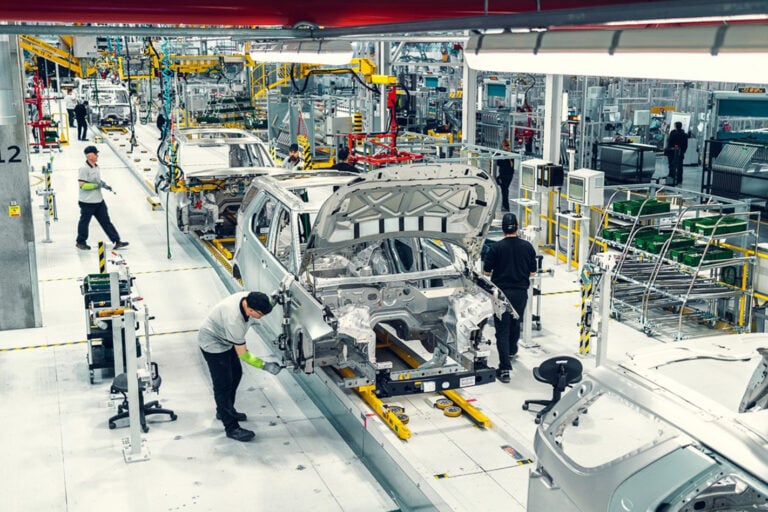 News
NewsBillions being invested, but industry says chip shortage to last into 2023
Semiconductor chip companies are investing billions in new factories, but it will be another year of supply constraints
-
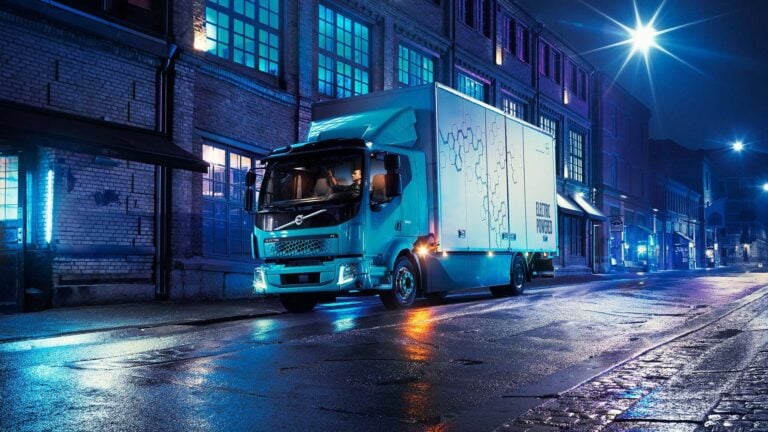 News
NewsAdBlue shortage highlights fuel insecurity, but there is a solution
The Australian trucking industry says it supports the AdBlue response, but more must be done


